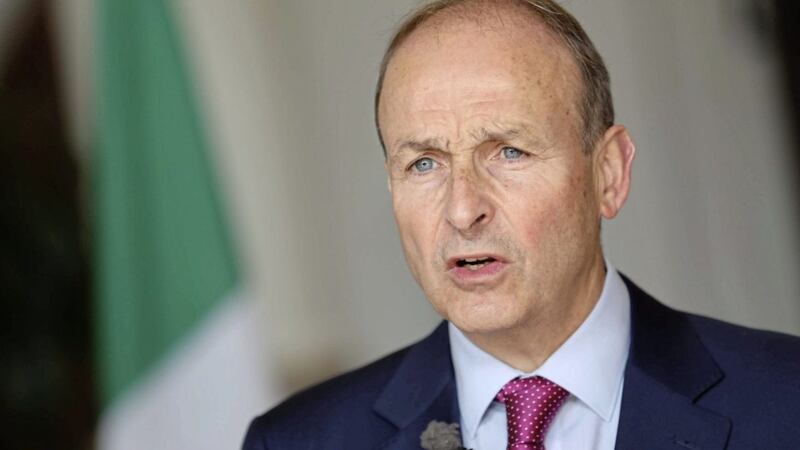Political reputations are in the eye of the beholder. Mikhail Gorbachev’s name in the West is forever associated with Thatcher’s quote that “…we can do business together.”
His reputation within the former Union of Soviet Socialist Republics is not as generous. He is the man who lengthened the queues and lost the country.
Without him it is near impossible to see how managing the end of the Eastern Bloc and communism would have been achieved. A process that no western intelligence agency foresaw, and no one would have thought achievable without going to the brink of war. Eastern European dictatorships, without the threat of Russian tanks behind them, could not hold back the tide of their own people. To the benefit of so many, if not in his own people’s opinion, business was done together.
Politics is a perennial battle between principle and the practical necessity of doing business. Both have their role. Both have their difficulties. However, in the absence of doing business then politics in a divided place remains in stasis, a battle of purity.
The politics of much of the last 25 years have been the politics of doing business and politicians capable of it. Personality matters. Blair with his repugnance for ideology mixed with Ahern’s deeply transactional approach were the political midwives. The PIRA was caught in what Brendan Hughes called the “vice” of security and intelligence services. Equally, like all groups that consider themselves “revolutionary”, they had no generational impetus in the1990s that the social disorder of the 1970s and the hunger strikes of 1980s (reinforced by Libyan arms) provided. They needed to cut a deal before inexorable irrelevance.
Mistakes and misjudgments were made. Blair was consistently over-indulgent of the Provos and Sinn Féin. This fatally undermined David Trimble. Trimble too made errors. He learned the unionist lessons from Sunningdale but made his own new ones. Notably, the unionist mantle was handed to the DUP when it pledged to do business with its slogan: “It’s time for a fair deal”. A pledge they kept with the St Andrews and subsequent deals.
So why can’t this spirit of doing business be applied to the protocol?
A key part is the generational shift in Irish politicians. Are there people to do business with? The leading lights of this new generation, Varadkar and Coveney, do not see their ultimate political goal as taoiseach but of leading the European Commission or Council. They are EU ideologues. Beyond that, Varadkar has difficulty relating to much of the Republic beyond his Dublin bubble let alone Ulster’s unionists. The Coveneys of Cork consider themselves de facto aristocracy and act like it. Sinn Féin’s poll growth is embedded in this ignorance and arrogance.
In terms of unionism, they had no pre-existing relationship and no desire to develop one. This is why Arlene Foster’s Brexit initiative with her Kilkenny speech was ignored. Why they saw no problem in running with EU proposals they themselves declared unionists would never accept. Why Varadkar happily waved articles about IRA bomb attacks on customs posts. No thought to how it would be seen for what it was by unionists. An implicit threat and dangerously close to an explicit one. It invoked past Irish aid and ambivalence that had allowed the PIRA to ravage Northern Ireland, most especially the sectarian campaign in border communities. With Coveney it is hard to work out whether the lecturing is preferable to the condescension, neither advance diplomacy nor relationships.
Micheál Martin is the last of the old generation, but the clock is ticking on his tenure. Is Martin is searching for a lasting legacy? He needs one. He seems to better appreciate the scale of the issues. A huge task but sucking the protocol poison from the process could be his. Perhaps before he leaves the stage, he can teach the new generation how to do business?
Or will he stand by while the new generation squanders the peace they inherited?
:: Lee Reynolds was a special adviser to former DUP first minister Arlene Foster.








